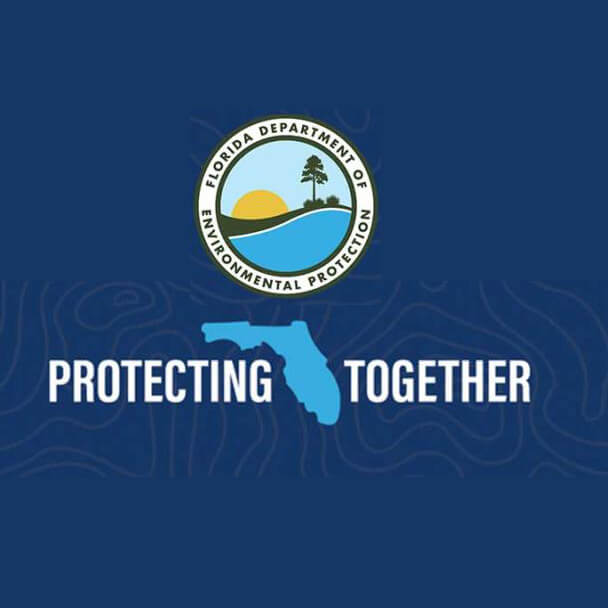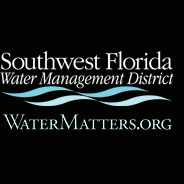Florida's Liquid Assets at Risk: Understanding Well Water Contamination
Florida, renowned for its pristine beaches and abundant natural resources, faces a pressing concern that threatens its liquid assets – well water contamination. As the state's population continues to grow, so does the demand for water, placing an increasing strain on existing water sources, including well water.
The Importance of Well Water
Well water plays a crucial role in meeting the water needs of many Floridians, especially those in rural areas where municipal water supply systems may not be available. Private wells provide a direct and independent source of water for households, agricultural activities, and various industries. However, the risk of contamination poses a significant threat to the quality of this invaluable resource.
Common Contaminants in Florida Well Water
Several contaminants can compromise the safety and potability of well water in Florida. Among the most prevalent are:
1. Nitrate
Nitrate contamination often stems from agricultural activities, including the use of fertilizers and livestock waste. High nitrate levels in well water can lead to serious health issues, especially for infants, as it can interfere with the blood's ability to carry oxygen.
2. Bacteria and Pathogens
Microbial contamination, primarily from fecal coliform bacteria, poses a risk to well water quality. This can result from septic system failures, improper well construction, or surface water runoff.
3. Arsenic
Arsenic, a naturally occurring element, can infiltrate well water, particularly in regions with geological conditions that promote its release. Chronic exposure to arsenic has been linked to various health problems, including cancer.
4. Volatile Organic Compounds (VOCs)
VOCs, originating from industrial activities, petroleum products, and certain chemicals, can contaminate well water. Prolonged exposure to VOCs may lead to adverse health effects, making their presence a cause for concern.
Factors Contributing to Well Water Contamination
Understanding the factors that contribute to well water contamination is essential for effective mitigation. Some key contributors include:
1. Over-extraction of Groundwater
The excessive withdrawal of groundwater for agricultural and municipal use can lead to the intrusion of contaminants into aquifers. As demand increases, balancing water usage becomes critical to prevent over-extraction and subsequent contamination.
2. Improper Well Construction and Maintenance
Inadequate well construction and poor maintenance practices can compromise the integrity of wells, allowing contaminants to infiltrate the water supply. Regular well inspections and maintenance are crucial for preventing such vulnerabilities.
3. Agricultural Practices
Unregulated or improper use of fertilizers and pesticides in agriculture can result in the leaching of harmful chemicals into the groundwater. Implementing sustainable agricultural practices is vital to mitigate these risks.
Protecting Florida's Well Water
Addressing well water contamination requires a collaborative effort from government agencies, communities, and individual well owners. Some key measures include:
1. Regular Water Testing
Well owners should conduct regular water quality tests to identify potential contaminants. Timely detection enables prompt action to address contamination issues and protect the health of consumers.
2. Well Maintenance and Upkeep
Adhering to proper well construction and maintenance practices is crucial. Regular inspections, sealing unused wells, and addressing any structural issues can prevent contaminants from entering the water supply.
3. Sustainable Water Management
Implementing sustainable water management practices, including responsible groundwater extraction and agricultural practices, can help preserve water quality and availability for future generations.
Conclusion
Florida's liquid assets face a formidable challenge in the form of well water contamination. As the state grapples with a growing population and increasing water demand, safeguarding the integrity of well water is paramount. By understanding the common contaminants, addressing contributing factors, and implementing proactive measures, Floridians can work together to ensure the sustainability and safety of this vital resource.





